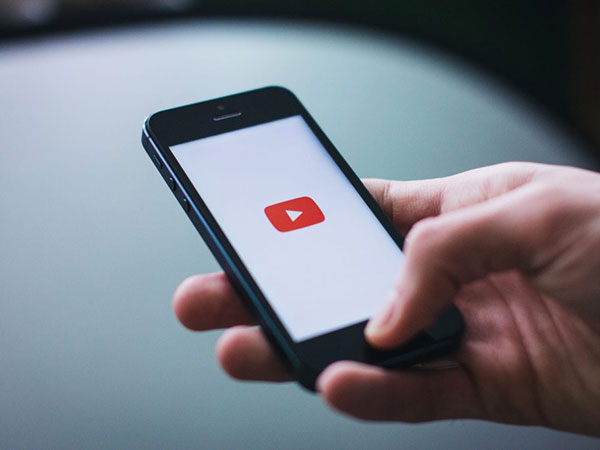Like creativity, curiosity is something we tend to embrace and encourage in children — but it often falls off the radar when we reach adulthood. Of the two, creativity gets more credit. Some professions are totally based around it, and a much broader interest in it as a skill in business contexts has emerged over the last decade or so.
But when’s the last time you saw “highly curious” listed on someone’s resume or heard it discussed in a job interview? Chances are, the answer is never, and maybe it’s time that changed.
Those who doubt the power of curiosity should consider the kinds of feats it routinely accomplishes. In one example from recent news in science, astronomers officially declared the existence of something called “space hurricanes” that rain down electrons through Earth’s atmosphere.
Larry Lyons, professor of atmospheric sciences at the University of California, said that the discovery was a surprise, and that, “It wasn’t even theoretically known.”
So how was it discovered? Researchers were curious. A number of clues embedded in six-year-old data pointed to an anomaly, so they kept asking questions until they got their answer. Similarly, more groundbreaking news is uncovered constantly — and it’s seldom because the facts were hiding, but because the right questions had yet to be asked.
Curiosity Begets Growth
If you’re not curious, it’s because you’re comfortable with the way things are. That’s not necessarily a bad thing, but to the extent you want to innovate or change the status quo, curiosity is the necessary starting point.
Any major market-disrupting companies can testify to this, and maybe none more so than electric car manufacturer Tesla, whose CEO Elon Musk has curiosity down to an art. When Musk is curious about something, he uses “first principles” reasoning to find the answer. In a nutshell, relying on first principles equates to the difference between sticking to an established process or paradigm, and taking the time to ask, “Is there a better way to do this?”
In other words, solving interesting problems (and building successful companies) is less about knowing what and more about knowing how and why. Getting to the core of things — the first principles, if you like — is what will allow you to innovate successfully.
After all, the most disruptive innovations are fundamentally simple. Uber? A cheaper, more accessible taxi. Airbnb? Rent your home out for some extra income. Instacart? Pay someone to bring your groceries to you. DoorDash? You no longer have to pick up your own takeout.
The innovations behind those companies are radically successful — and fundamentally simple.
Exercising Your Curiosity
Curious people don’t just represent an asset to whatever businesses or organizations they ally themselves with; they’re also generally better conversationalists, more profound thinkers, and richer acquaintances to have. But curiosity — again, like creativity — is not a have or have not. It can be cultivated and honed.
If exercising your natural curiosity is your goal, it must be treated like exercise. Just like going to the gym or meditating, being curious will only help you achieve successful outcomes if you approach it with awareness and intentionality.
On top of that, you must expect, understand, and accept the walls you will inevitably hit. They are not equivalent to failure, because failure has no place in a discussion about being curious. Curiosity is about trial and error. You never fail at being curious; you learn.
It’s Just Business
Businesses need to embrace curiosity, both as a vital exercise for strategic planning and as a skill to search for in prospective employees. If we go by the research, curiosity is a crucial aspect of a company’s success or lack thereof. It leads to adaptability, innovative problem-solving, and a healthier overall corporate culture.
Happy with the current results? Then don’t stress over asking questions. Want to innovate, improve, or make a difference? Then get curious.





















![Top 12 interesting careers to explore in big data [Infographic]](https://crayondata.ai/wp-content/uploads/2016/10/education-1.jpg)
